Update 2018-12-30: The new organization WATERKEEPERS Florida, as one of its first acts, on December 19, 2018, signed the Resolution Against Phosphate Mines in Florida, thus committing all thirteen of its member organizations.
Update 2018-11-13:
Miami Waterkeeper has signed, bringing it to a round dozen Florida Waterkeepers.
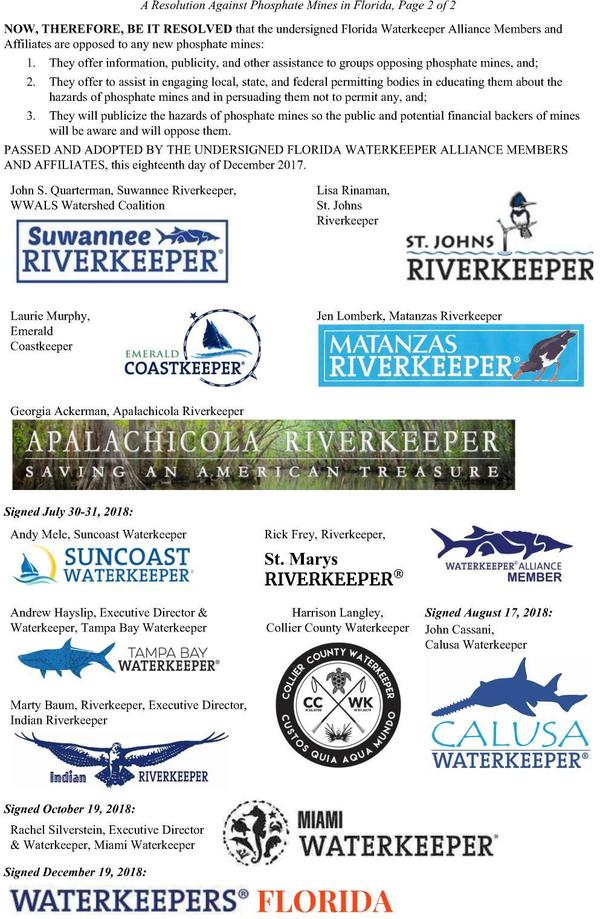
Update 2018-08-18:
Calusa Waterkeeper has also signed,
bringing it to 11 of the 14 Waterkeepers in Florida.
(See also PDF.)
Update 2018-08-01: Five additional signers: Suncoast Waterkeeper, Tampa Bay Waterkeeper, Indian Riverkeeper, St. Marys Riverkeeper, and Collier County Waterkeeper. Seven of us delivered this resolution in person to
FDEP Secretary Noah Valenstein.
Delivered via email as PDF to the Union BOCC before their phosphate mine workshop
of Monday, December 18, 2017.
A Resolution
Against Phosphate Mines in Florida
WHEREAS, Waterkeeper Alliance Members are obligated and dedicated to protect the water
resources, citizens’ interests, and related benefits in their
jurisdictions; and
 WHEREAS, phosphate mines have been shown to threaten and cause actual harm to these
resources, interest, and related benefits; and
WHEREAS, phosphate mines have been shown to threaten and cause actual harm to these
resources, interest, and related benefits; and
WHEREAS, there are several phosphate mine projects in various stages of permitting in local,
state, and federal agencies including county and city governments,
Water Management Districts (WMDs),
Florida Department of Environmental Protection (FDEP),
U.S. Army Corps of Engineers (USACE); and
WHEREAS, there seems to be no public list of current phosphate mines and related facitlities,
which include at least
Continue reading →

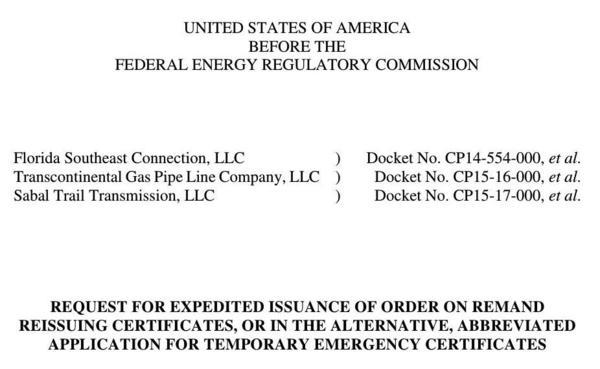




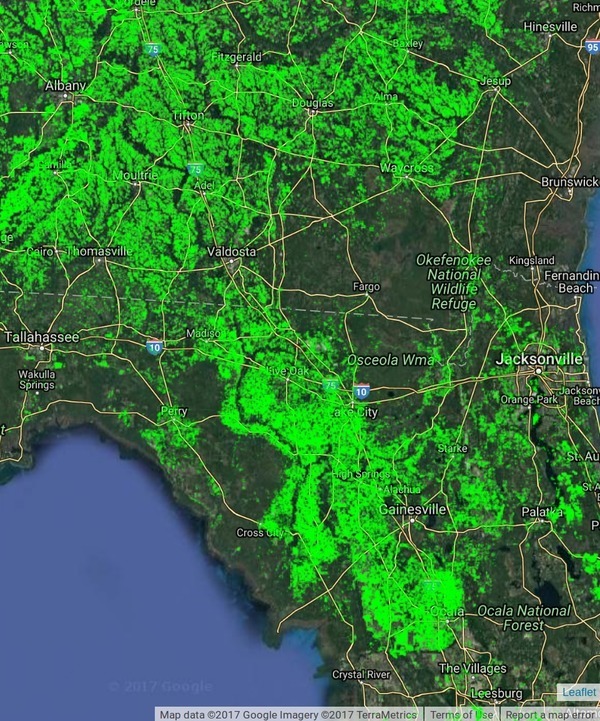

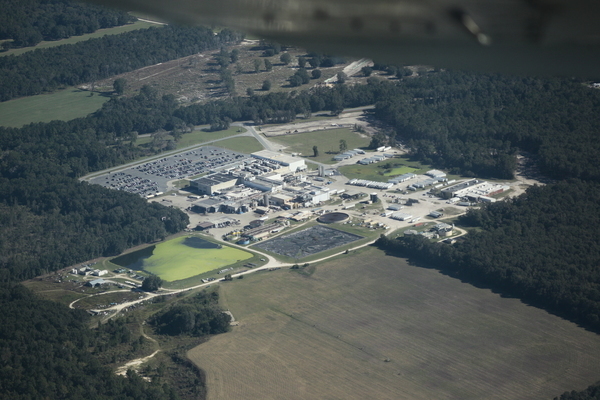
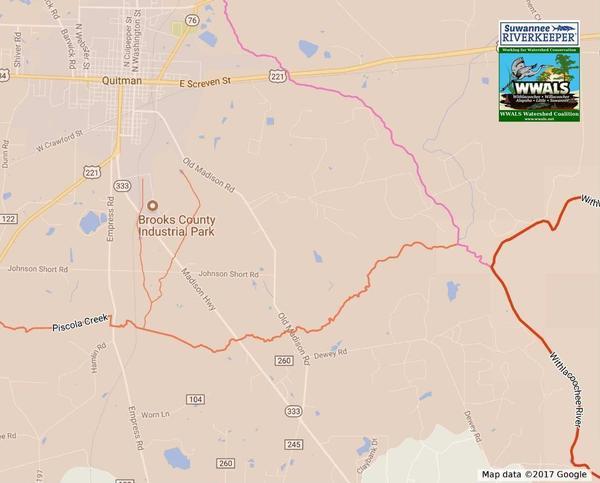
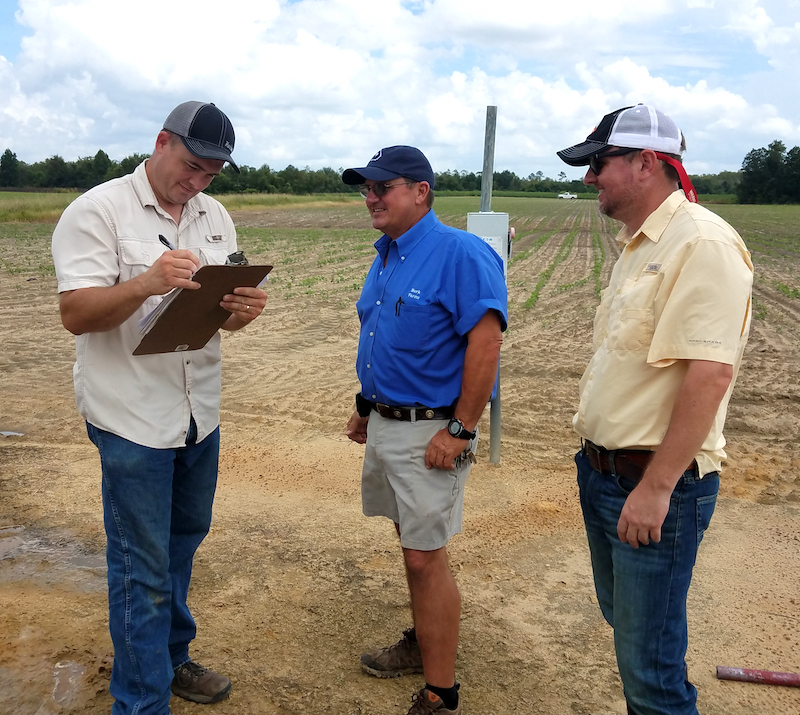
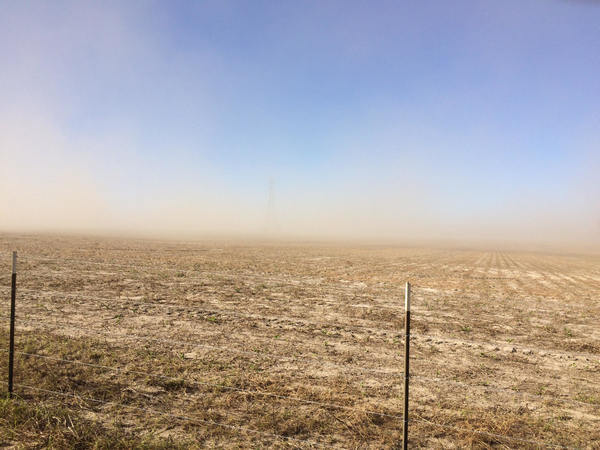
![[Barber Pool, former spring, Saunders Park, Valdosta GA, E.R. Barber, Coca-Cola, Sugar Creek, Withlacoochee River]](https://www.wwals.net/pictures/2017-09-29--barber-pool/many.jpg)